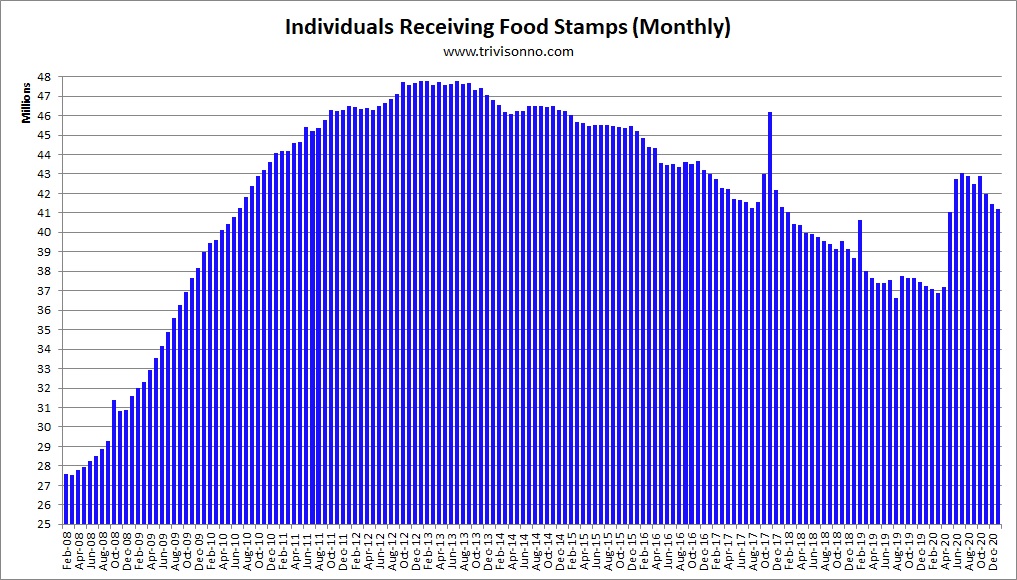waauw wrote:loutil wrote:waauw wrote:fadedpsychosis wrote:... can someone do an english version summary of that article? it had a lot of words that I'm not sure are really words at all, and made no sense to me... I'm a soldier, not an economist...
basically this is what happens: Instead of using deposits to help the people and the economy as a whole by giving out loans, which is what the FED printing policy is all about, the banks are using the people's money to invest in derivatives further making the financial sector even more interconnected and more unstable. They are making the pre-2008 situations even worse than they already were.
With all due respect...it is not the banks responsibility to "help the people and the economy as a whole by giving out loans". That is also an oversimplification of Fed policy. Further, while some banks do use derivatives it is absurd to suggest banks are not making loans. You do recognize that millions of people have refinanced their loans over the past few years? Have bank lending standard become more strict? Yes, of course. Is that a bad thing? No, not in my opinion. Our previous problem was the direct result of too much credit, especially to people who had no business being extended credit. Banks are in business to make money. They are not in business as a tool of social engineering...even if you would like them to be.
Did I say that banks were giving zero loans? I said that there is a huge gap nowadays with which banks prefer investing in the stock market rather than investing in the real economy. This is not how you drive an economy to growth. According to the FED's own statements, their goal is to stimulate economic growth, but for that sufficient money needs to flow to the real economy. This is thus a huge mistake that the FED is making. All they are doing is propping up another stock market bubble.
The criticism here is that this is an unsustainable situation.
Banks do not prefer to invest in the stock market. In fact, very few banks actually do so. They do tend to sit on their money as they have significantly raised their loan standards. Credit is tight because of all the failures in 2008/2009. Banks used to feel safe with as little as 10% equity ( less with government backed loans ). Now they prefer 30 - 40% equity. Can you blame them?
The stock market "bubble" you speak of is not from a lack of lending nor from banks investing in the market. I could argue, quite well I believe, that there is no bubble as the forward PE on the market is quite average in historical terms. The cost of capital has become cheaper than the cost of labor. This drives business growth and improves the bottom line. Better earnings...higher stock prices. Not a bubble, just a reality









































































































